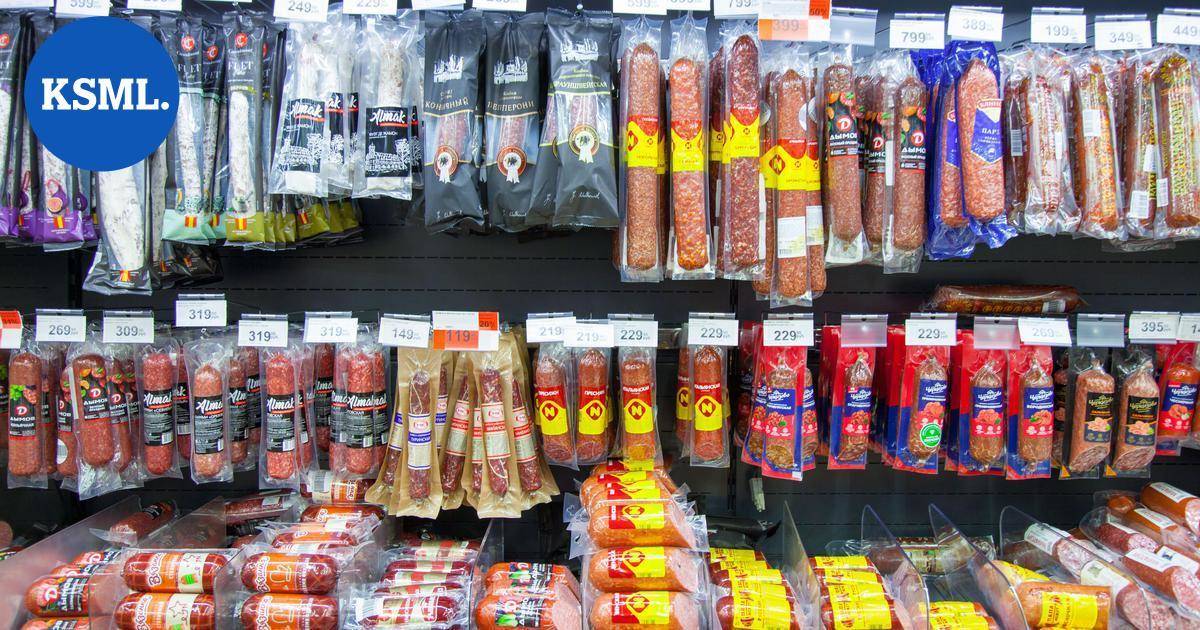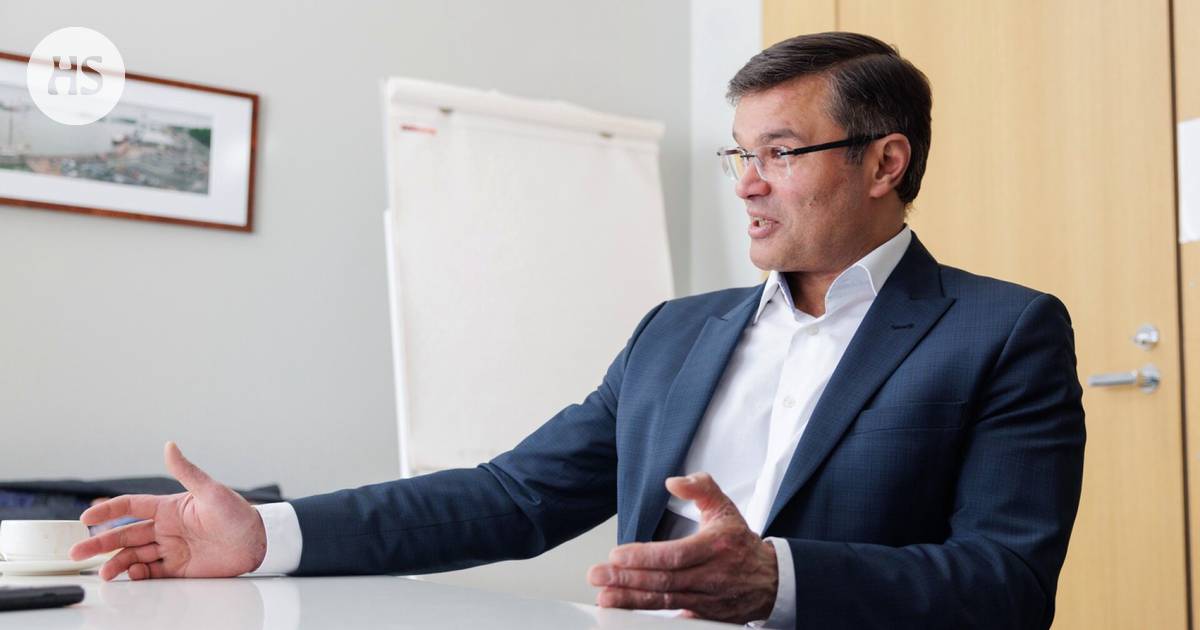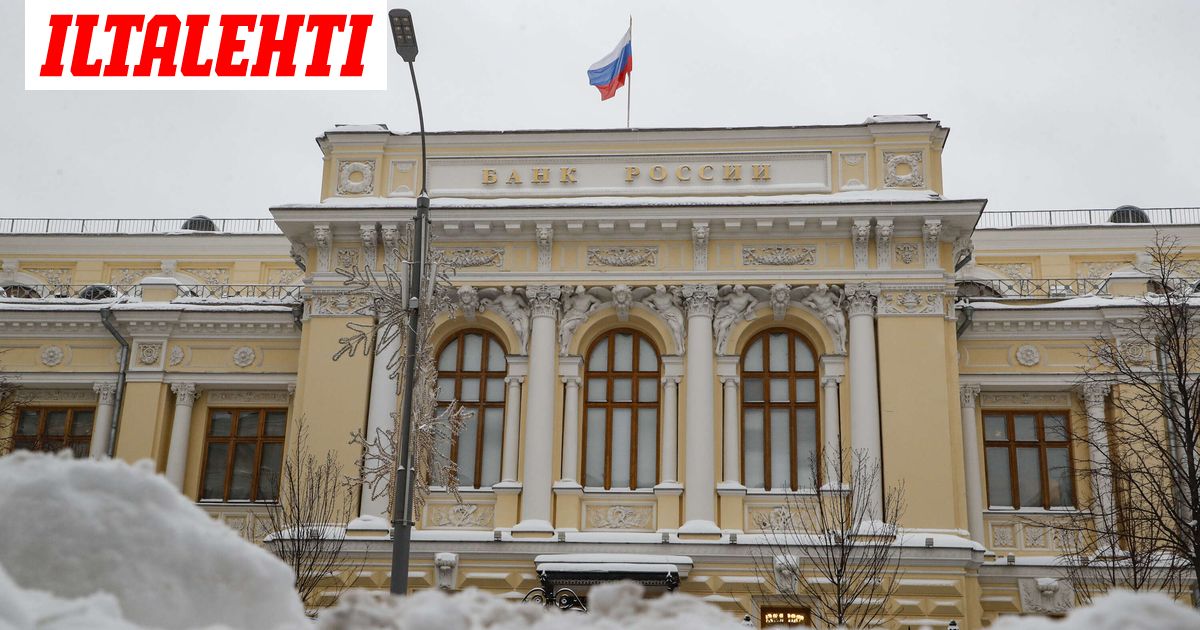Stubborn counterfeits: all parallel imports were proposed to be labeled
The Federal Antimonopoly Service (FAS) has prepared an annual report “On the state of competition in the Russian Federation for 2023”; the draft has already been sent to ministries. In it, the service notes the importance of parallel imports from the point of view of providing the domestic market with foreign-made goods that are not yet manufactured in Russia .
Currently, parallel imports concern 40 categories of goods; they are most widely used in the categories of clothing and footwear. According to business estimates, this approach made it possible to reduce the average price of products in various product groups from 7 to 50%.
“ The first and most acute problem of parallel imports, which many domestic companies that sell foreign goods, marketplaces and buyers face, is the increase in the volume of imports of counterfeit goods under the guise of original products ,” the final part of the report says. It presents the generalized positions of specialized associations, the FAS clarified to Izvestia. In particular, this opinion is shared by the Chamber of Commerce and Industry (CCI), the department said.
To solve the problem, the organization proposes to introduce mandatory labeling of all goods imported through parallel import . Moreover, the Chamber of Commerce and Industry is confident that companies must report on the introduction of products into circulation - right up to sale to the end consumer.
The consumer must be protected from counterfeits, so a mechanism should be developed to confirm the legality of products before the goods go into circulation , a representative of the chamber noted to Izvestia. Although the organization agreed: labeling products for parallel imports requires serious infrastructure, which Russia does not yet have .
Currently, the “Honest Sign” system includes such goods as tires, photographic equipment, fur products, perfume, shoes and other light industry products. Moreover, they fall under identification regardless of whether they were supplied through direct or parallel import, the Ministry of Industry and Trade told Izvestia. They added that the department “is unclear about the essence of the issues presented and it is unclear in relation to which products such proposals are presented.”
The problem of counterfeit products has recently become worse: the growth in the volume of counterfeits, depending on the category, varies from 5 to 30% , Oleg Pavlov, head of the Public Consumer Initiative, told Izvestia. This is mainly due to the departure of copyright holders who controlled the market situation, as well as due to a moratorium on inspections. Now the authorities’ ability to bring violators to justice is limited, the expert noted.
Labeling could help if you need to seize counterfeits - this is how you can reduce the real share of counterfeits , says Dmitry Tortev, a member of the Expert Council for the Development of Competition in the Field of Information Technologies at the Federal Antimonopoly Service of Russia.
Rospotrebnadzor supports the idea of expanding the product range subject to labeling with identification means. Data from the service showed that it made it possible to reduce the share of counterfeit products . For example, since the introduction of this approach, the illegal market for shoes has decreased by a third, perfumes - by 20%, packaged water - by 27%, and the share of counterfeit milk has dropped three times.
“ In all product groups where labeling is introduced, we are recording a reduction in shadow business ,” the Center for the Development of Advanced Technologies (CRPT, operator of the Honest Sign system) confirmed to Izvestia. Positive results are also noted by businesses that offer such solutions to combat illicit trafficking of goods, they emphasized.
The situation with counterfeit goods has really worsened since the introduction of parallel imports , Rusbrand noted to Izvestia. Increasingly, companies are finding illegal goods on the market—counterfeits of their own original products. As a rule, we are talking about clothes, shoes, perfumes , the association added. A system for labeling parallel import products can be useful, but only if importers, when contacting Chestny Znak, will be required to confirm the origin and originality of imported goods, and control over the circulation of products will be strengthened , including through the involvement of internal affairs bodies . Otherwise, the risks of low-quality and counterfeit goods entering the labeling system will be quite high, they are sure.
Introducing labeling of parallel import products is “pointless, costly, and many questions arise regarding the implementation of this approach ,” the association of trading companies and manufacturers of household electrical and computer equipment RATEK told Izvestia. For example, how will retail be able to distinguish within a category which goods were supplied via direct import from those imported via parallel ? Moreover, the Russian Perfumery and Cosmetic Association added, “the labeling of perfume products, as well as some types of clothing, which has been working for several years, shows that this does not interfere with counterfeit goods - they put marks on them in the same way and sell them.”
Labeling will not work fully if counterfeit goods are sold. Obtaining “Honest Sign” codes is not a problem for sellers of contraband and counterfeit goods , says Boris Katz, member of the General Council of Business Russia. To change the situation, it is necessary to at least introduce full responsibility for online platforms (one of the sales channels for counterfeits) for all products that are sold there, he concluded.

 yle.fi
yle.fi







